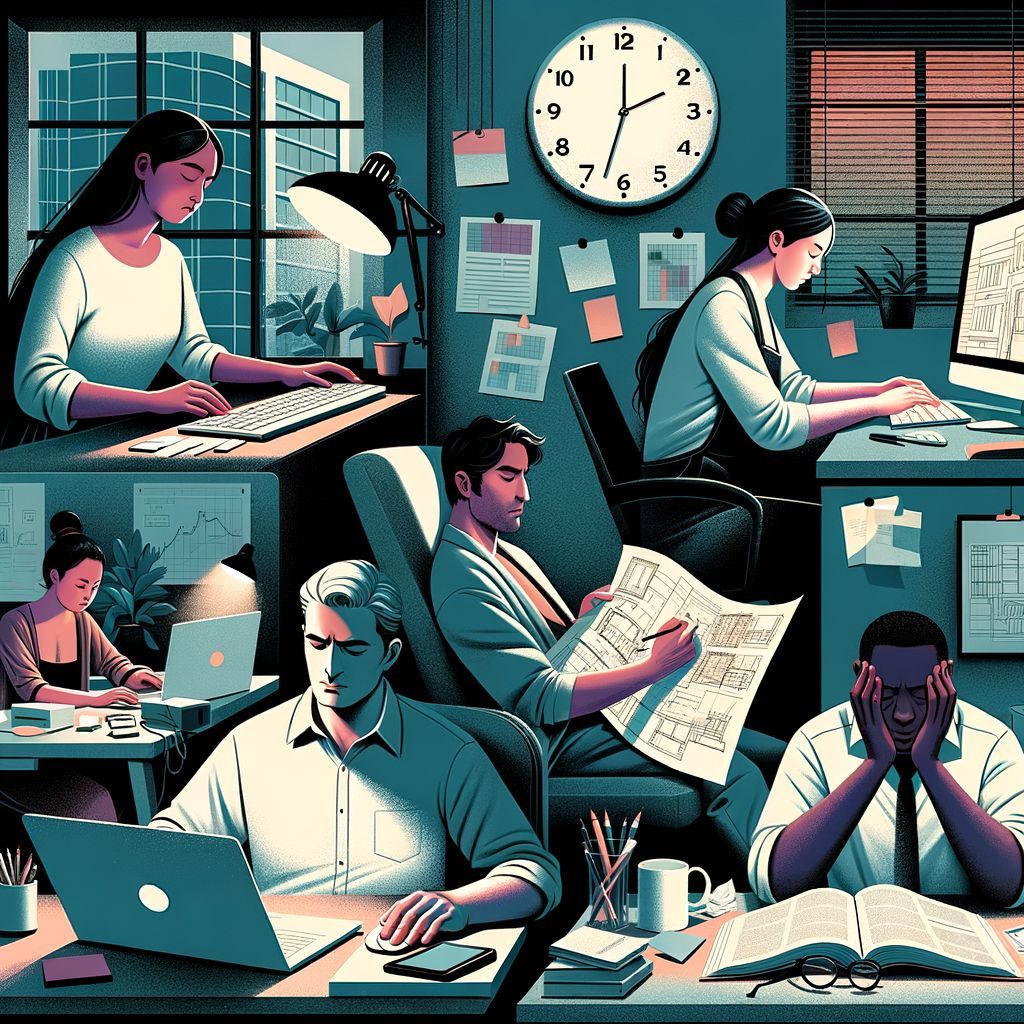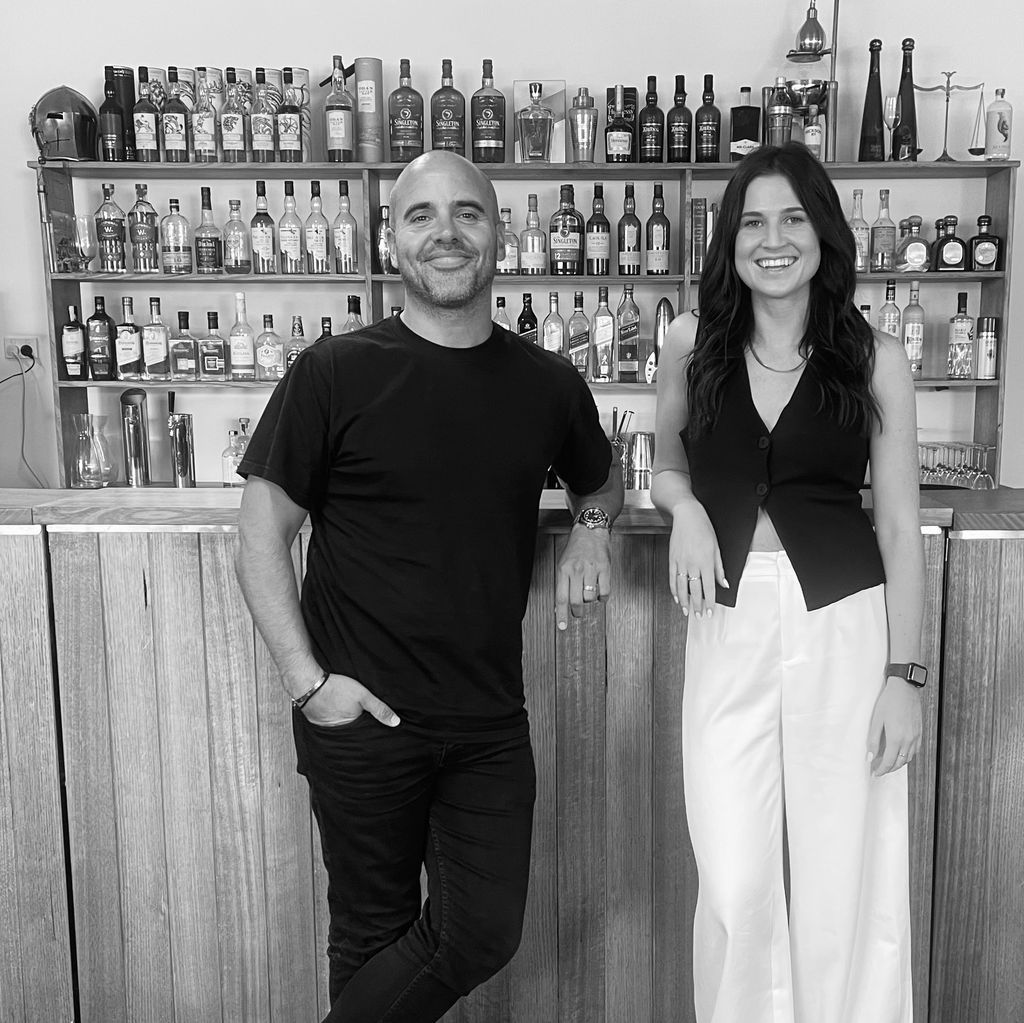

Image by DALL·E Pic: Midjourney
Editors' Note: Many Fast News images are stylised illustrations generated by Dall-E. Photorealism is not intended. View as early and evolving AI art!

Burnout's heavy toll,
In creative fields it grows,
Change is needed now.

Burnout hits 70% of media, marketing and creative professionals, reveals 2024 Mentally Healthy Survey
Seven in 10 professionals across the media, marketing and creative sectors reported experiencing burnout in the past 12 months, the 2024 Mentally Healthy Survey has revealed.
The survey, conducted by Never Not Creative and supported by The Mentally Healthy Change Group and UnLtd, gathered responses from over 2,000 professionals across Australia, New Zealand, the US, and the UK. It explored the impact of factors such as flexible work arrangements and generational differences on anxiety and depression among industry members.
The report found flexible working environments were best for mental health, with those in such environments reporting the least amount of depression and anxiety. However, there were modest differences between working environments, with those working from home showing higher levels of depression (38% vs 33% for those working in an office), while those working in an office showed higher levels of anxiety (40% vs 31% for those working from home).
Younger professionals under 30 reported significantly higher levels of anxiety and depression. Participants who identified as non-male, non-white, non-hetero, and non-leaders showed higher levels of depression and anxiety (52% reporting medium levels of anxiety vs 22% of male, white, hetero, leaders) than the average.
Ten per cent of the industry identified as neurodivergent, with a higher proportion working in the creative industry (17%). Burnout was higher in the industry compared to Australian workers overall (70% in media, marketing and creative sectors vs 53% in Australian workers, according to a Boston Consulting Group Employee Sentiment Study, October 2003.
A surprising 51% of business leaders stated they were not aware of the recent Psychosocial Hazards legislation, and only 22% of businesses reported having a clear plan for it. The systemic changes ranked highest for improving mental wellbeing at work were commitment to better ways of working and exploring new processes, clearer role descriptions, and more diversity in leadership positions and more sustainable business models.
Andy Wright, Founder of Never Not Creative and Co-Chair of the Mentally Healthy Change Group, commented on the findings, “Businesses have had varied approaches to going back to work after Covid, so work environment was a big area of focus for us this year. What appears to be best for employees from a wellbeing perspective is to give them choice. True flexibility correlates with lower signs of anxiety and depression.”
Wright also emphasised the need for empathy and support in the workplace. “This is a clear indication that media, marketing and creative professionals often work hard, putting work ahead of their own needs, and there is a need for employers to put the necessary support structures and empathy levels around us to safeguard overall wellbeing.
“Contrary to what some may believe, this doesn’t mean you have to walk on eggshells around individual staff, but rather it requires leaders and managers to simply be fair with their people and make sure they’re listened to, their needs are understood and they receive good feedback and clear communication on how to progress.”
The full findings of the Mentally Healthy 2024 Survey will be published on the Never Not Creative website next week.










